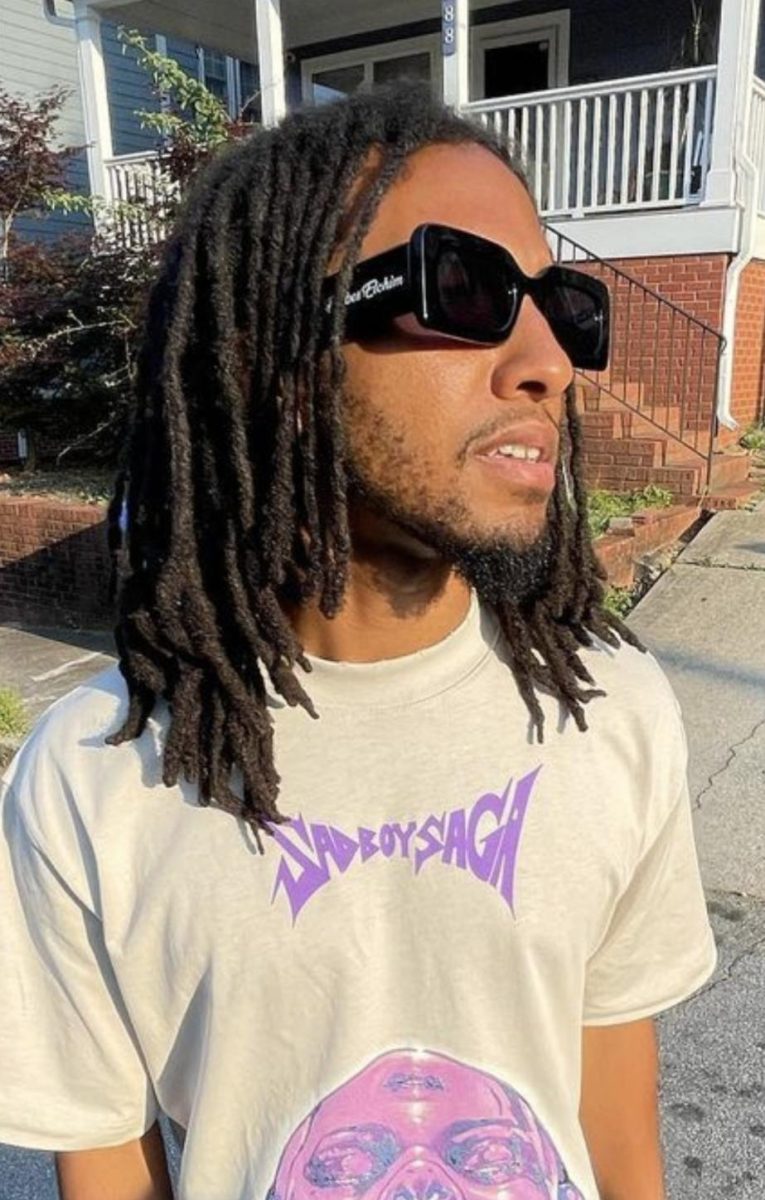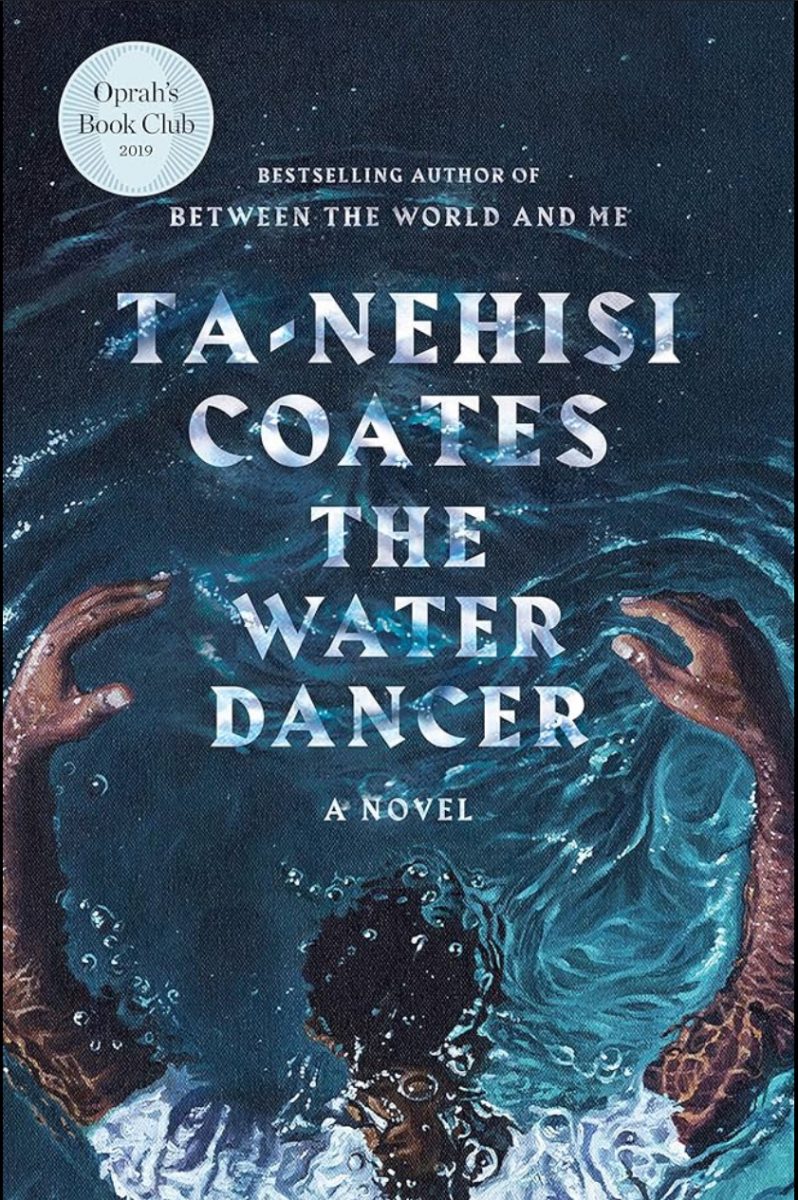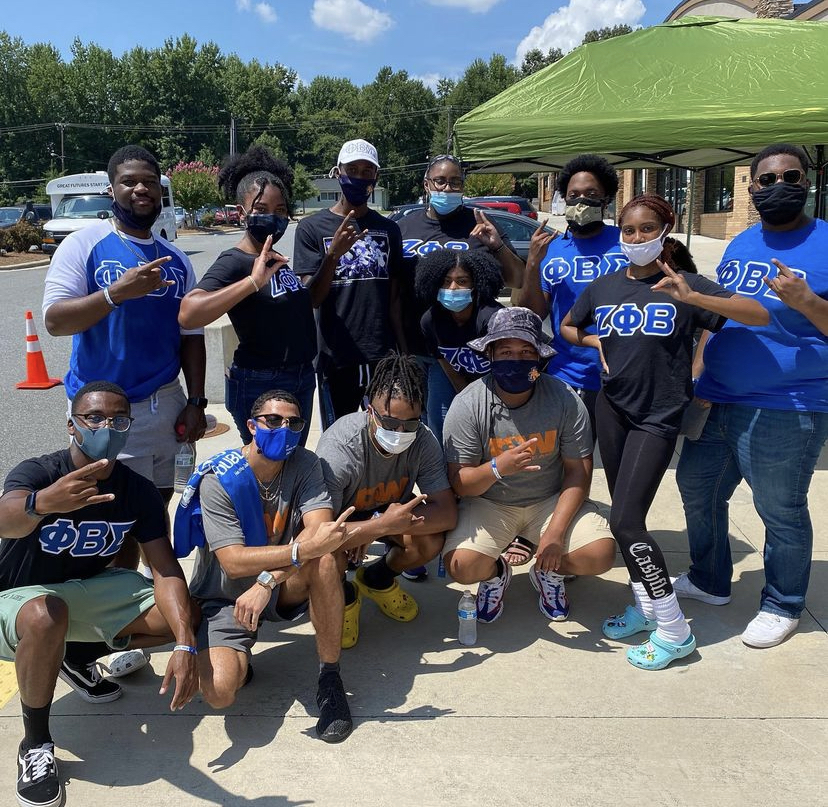The amount of black fathers who are absent from their children’s lives is overwhelming.
Father: (noun) 1. a man in relation to his natural child or children.
2. a man who has continuous care of a child, esp. by adoption; an adoptive father, stepfather, or foster father.
3. a man who gives care and protection to someone or something.
The amount of black fathers who are absent from their children’s lives is overwhelming. The 2010 U.S. Census Bureau reports that out of the 11,354,000 black children in the U.S., 6,090,000 were only living with their mothers. In other words, more than half of the black children in the U.S. could very well be considered “fatherless.”
Those numbers are way above the national average. That same year it was reported that only 27 percent of children lived in the U.S. a single-parent household.
A 2004 report by the U.S. Census Bureau states that 38 percent of black children live with both parents. In other words, one or no parent raised 62 percent of black children.
There are many reasons most children are living with their mothers. Their parents may have gotten divorced leaving their mother with primary custody, or they were never married nor living with each other tobegin with. Or their father was just never in the picture, and A&T students are no exception.
The Stories
Chelsey Mann is one of those students. She is a social work major from Raleigh, whose parents were never married. Her biological father did not come into the picture until she was nine.
“He didn’t really claim me as his child when I was younger,” said Mann.
As a result Mann did not like her father growing up and did not begin to have a real relationship with him until she was in college.
“I was able to put my feelings aside,” she said. “As I’m getting older I’m learning the importance of family.”
Mann’s situation is quite unique. Not only does she have a biological father, but an adoptive one. “My mom married my sister’s father and he adopted me when I was three years old. I have his last name,” said Mann.
Her mother and adopted father remained together until she was in the 1st grade and then the two became separated.
“Even after the separation he spent time with us just not with her. He wasn’t absent in our lives as far as being a father, he just didn’t live with us so we didn’t have that presence and experience having a father actually in the house.”
Carlton Brown’s situation is similar. Although his father was physically present for the majority of his life, his emotional and mental disconnect left him feeling just as “fatherless” as those whose father was not present.
“I’d say my parents are separated,” said Brown. “My father was there on and off. He left when I was four and came back when I was 12. Even though he was in the house he wasn’t emotionally connected to the family: always working 15-hour shifts, never home for dinner. We never built a connection.”
The Brooklyn, New York native consumer science major shared that fathers weren’t exactly a common sighting where he’s from.
“Coming from a broken family was kind of the norm where I was from,” he said. “All my boys didn’t really have relationships with their fathers either and we didn’t really care. After a certain point you’re just like whatever, mom’s going to feed me.”
Michele Delgado, a public relations major also relatea to that notion. At her public high school in Connecticut it was also the norm.
“Nobody had their dad either so I felt more normal,” she said.
Delgado’s father was completely absent in her life for the most part. Her parents were never married. He went to jail shortly after she was born for a little while. Then her parents had her younger sister two years later, after which, he found his way back to prison.
“Growing up its always been my mom, my little sister, and me.” she said. “My father was in and out when I was younger because he was on drugs. The last time I saw him I was 12.”
The Effects
Surviving a broken home is only one half of the struggle. There are naturally residual affects.
On the positive side, all the interviewees’ feel as though the experience left them more independent, stronger, and driven to succeed. For example Delgado’s father didn’t believe in her goals, now she’s one year away from being the first person in her family to graduate from college. She attributes that to her drive. It also may make some strive to be better parents and create a better home structure for their kids. Mann says she looks at her parent’s mistakes as a learning experience of what not to do when it comes to building a family.
There are negative effects as well.
“It’s just critical to have a male figure. Two parents raise children a little differently than a fatherless child would grow up,” said Vivian Barnett, director of counseling services at A&T. “In a fatherless home there is a risk of a lot more negative effects. I’ve noticed an increase of suicide attempts, behavioral disorders, and just juvenile delinquent type things.”
“My dad was really violent, so sometimes I feel a little unsafe when there’s a man in the house,” said Delgado. “When I was younger it would feel weird when I slept over at a friend’s house who had a father.”
Brown said his situation had its negative affects as well.
“I don’t really care for relationships,” he said. “I haven’t had a girlfriend for 10 years and it never really bothered me, still doesn’t bother me. Everything that you go through in life effects you, it’s nothing I really worry about, it may not be traditional or normal but it’s how I feel.”
Mann has similar views.
“I can’t relate to the typical family,” she said. “When it came to guys, my father didn’t know anything about any of that. He never got a chance to see me before going to prom, or meet my boyfriends. None of my friends know either one of my fathers. That made me feel different.”
Mann is not alone in feeling like she lacks guidance when it comes to guys due to her upbringing. Delgado feels the same way, “I wish my dad was able to give me advice on guys. My mom can’t really give me advice because she’s still single so she doesn’t know either,” she said.
Delgado and Mann may mimic the opinions of many minority girls today. They both shared that they hope to have a healthy marriage and children, but all they have really been shown is what not to do.
Meanwhile you have Brown, who like many other young black men, don’t have the most positive view of relationships. They didn’t see it growing up so to them it’s almost optional.
Another thing that they see as optional: Fathering their children.
“It’s easier for men to leave because it’s acceptable now,” said Brown. “It’s even in movies. If a person doesn’t want to step up to the plate they’re not going to. I have friends who have been thrown in jail numerous times for child support, but still aren’t going to pay it because they don’t care.”
The Future
So what will marriage and family life look like as the generations made up of majority fatherless children take the reigns and become adults?
In this story there are young women who want a relationship but have been giving no advice or real life examples of how to keep a man; men who have more negative views of relationships than positive; and men who aren’t made to feel guilty about not being in their child’s daily life.
“I think this has a huge impact on how things will be in the future,” said Barnett. “When it comes to relationships, you carry what you see. If you haven’t seen one growing up you may question them, you may not be able to accept the support of a partner.”
“It’s kind of like having a bleeding soul, you know there’s something missing but you don’t know what,” she said.
Mann has noticed this generation’s skewed view of parenting as well.
“I have a professor whose kids lived with her, she didn’t let them watch TV at a young age, and she read to them every night; we don’t do that anymore,” said Mann. “A lot of people in the class didn’t even understand why she didn’t let them watch TV. We’ve become used to letting other things raise our children.”
Mann isn’t the only person whose noticed this generation’s acceptance of the unacceptable. The new nuclear black family very well may be a single mom with a dad whose sees his kids on the weekends.
“Now a days people pat a man on the back if he pays child support. That’s not being a parent. A parent is someone who takes care of their kids everyday,” said DeWayne Wickham, chair of the journalism & mass Communication department.
“There’s just too many baby daddies, too many single moms, and too many children who don’t know what a family is,” said Mann.
What is clear is that thousands of black children, young men and women have or are growing up without a father.
The reasons may vary from abandonment to jail to divorce, but the negative residual effects are continuing to impact the black family or lack there of.
[email protected] and follow her on Twitter @YngBlkandFancy, or online at her HMHB.org column.
- Sylvia Obell, Managing Editor






